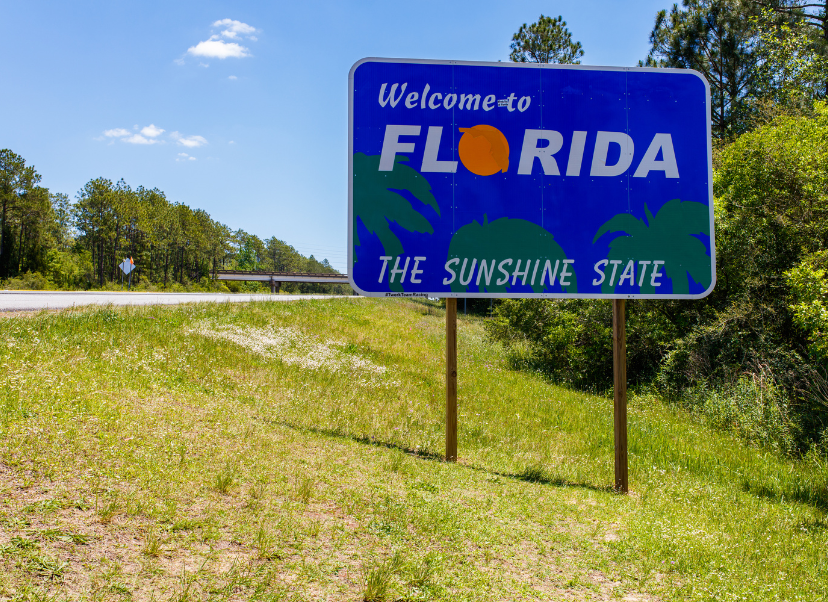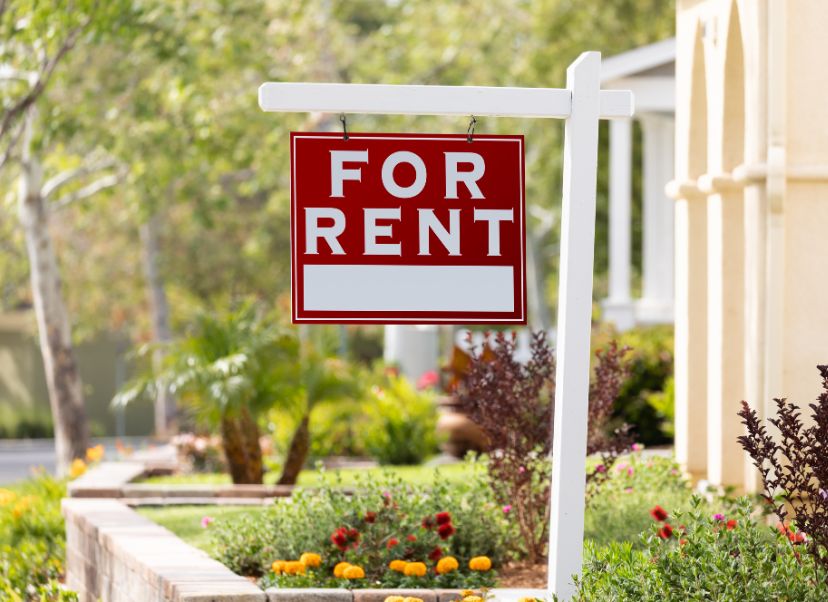If you’re part of a homeowners association (HOA) in Florida—or thinking about running for a board seat—you might be wondering about certification requirements. The rules have recent updates as of 2024, so it’s important to know exactly what’s required.

2024 Update: Certification Deadlines for HOA Director/s
Florida law under Section 720.3033 sets different certification timelines depending on when a director is elected or appointed:
Must complete a 4-hour Board Member Certification class within four years, as long as they serve on the board continuously during that time.
Directors continuously serving since July 1, 2024
Have until June 30, 2028 to complete the class.
Directors elected or appointed on or after July 1, 2024
Must complete the 4-hour certification class within 90 days of taking office.
The Certificate of Completion is valid for up to 4 years, after which directors must retake the course if they remain on the board.
How to Become Certified
The certification is straightforward:
Take a state-approved 4-hour Board Member Certification class covering financials, transparency, recordkeeping, fines, and meeting/notice requirements.
Receive your Certificate of Completion, which the HOA keeps on file for at least 5 years.
Failing to complete certification on time can result in temporary suspension from the board, but prior actions taken by the board remain valid.
Who Regulates HOA Boards in Florida?
HOAs are primarily governed by Chapter 720 of the Florida Statutes, with Section 720.3033 handling board member education and certification (leg.state.fl.us).
The Florida Department of Business and Professional Regulation (DBPR) approves the course providers and ensures the curriculum meets state standards. Courts may step in for disputes, but day-to-day oversight is largely self-managed under state law.
How to Become an HOA Board Member
Serving on an HOA board is typically a volunteer role, but there are eligibility requirements:
Own property in the community. Although some communities allow renters to serve.
Be current on assessments/dues.
Have no recent felony convictions restricting rights.
Complete the Board Member Certification within the required timeline.
Most neighborhoods hold annual elections, and interested homeowners submit their names during the nomination period. Once elected, directors help manage budgets, enforce rules, and protect property values.
Continuing Education
After initial certification, directors must continue education annually:
Fewer than 2,500 parcels: 4 hours per year.
2,500 parcels or more: 8 hours per year.
This ensures all directors stay current with HOA laws, best practices, and community responsibilities.
Why Certification Matters
Certification isn’t just a bureaucratic checkbox—it ensures board members understand their responsibilities, protect homeowners’ interests, and maintain transparent, accountable governance.
Whether you’re thinking about running for a seat or supporting a candidate, knowing the deadlines and requirements can save headaches and keep your community running smoothly./
What Is It Like To Be On A Florida HOA Board?
Being on a Florida HOA board really depends on the health of the community and the support you have around you.
When the reserves are strong and the board members work well together, it can actually feel rewarding. You get to be part of the decision-making that keeps the neighborhood looking good, protects property values, and makes day-to-day life smoother for everyone. Even though it’s volunteer work, there’s a sense of pride in helping neighbors and seeing the results of your efforts.
On the flip side, when reserves are low and the community support isn’t there, it can feel more like firefighting than planning. Instead of focusing on improvements, the board may be stuck juggling urgent repairs, budget shortfalls, or disagreements. That pressure can be stressful, and without community buy-in, it sometimes feels like you’re putting in a lot of work with little appreciation.
From a realtor’s perspective, serving on or working closely with an HOA board gives me insight into how financially healthy and well-managed a neighborhood really is.
A board that runs smoothly, maintains reserves, and gets community support usually means property values are better protected and homes sell more easily. On the other hand, if the board is struggling, that can be a red flag for buyers—and something I always pay attention to when advising clients.
So, what’s it like? At its best, it’s teamwork and problem-solving that makes a visible difference. At its toughest, it’s long hours, tough decisions, and sometimes having to deliver news neighbors don’t want to hear. But either way, it offers a front-row seat into how strong the community really is.
If you’re searching for a home in the Boynton Beach area—or nearby towns like Delray Beach, Lake Worth, or Boca Raton—you’ve probably asked yourself: should I buy a fixer-upper or a newer home? With decades of experience in both construction and real estate, I’ve seen the benefits and challenges of each option.
If you’ve recently bought a home in Florida—or you're about to—there’s one thing you definitely want to take advantage of: the Florida Homestead Exemption. It’s not just a fancy term. It can lower your property taxes and give you some solid legal protections, too.
If you own a home in Palm Beach County—maybe in West Palm Beach, Lake Worth, Boynton Beach, or even Delray Beach—you might be asking yourself a big question: Should I sell my house or rent it out? Whether you're moving for a new job, looking to upgrade, or thinking about downsizing, this decision isn’t always easy.
I spend enough time in the area to tell you this: it’s got a magnetic pull. As a realtor based in South East Florida, Delray Beach is one of those places that comes up in conversations a lot. Whether you’re moving down from the Northeast or trading city life for more sunshine, Delray Beach always ends up on the shortlist—and for good reason.




